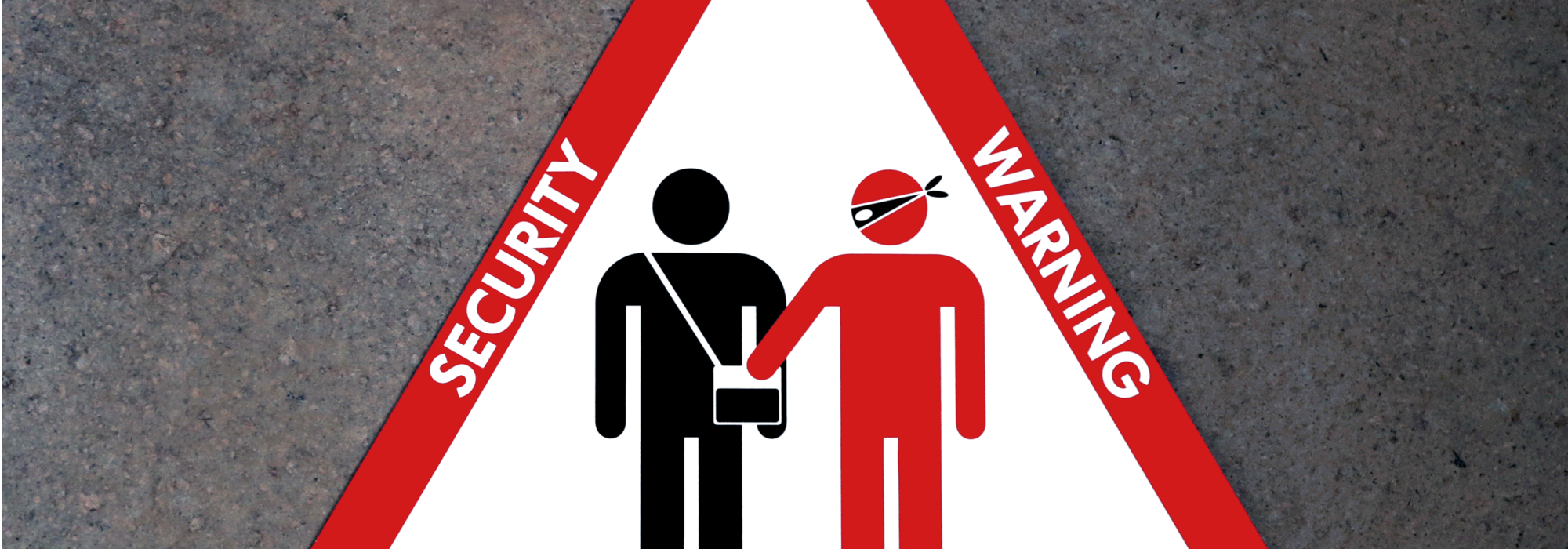
This is confirmed by a new survey sponsored by the Jim Pattison Ethical Leadership Program at Ryerson. The findings include the fact that on average, only about one third of Canadians are “Satisfied” with the ethical behaviour of the leaders of our federal parties. Prime Minister Stephen Harper’s score is the lowest of the federal leaders – a mere 22% of Canadians are “Satisfied” with the prime minister’s ethical behaviour compared with 36% for Trudeau, 28% for Mulcair, and 27% for May. Harper’s 22% has remained stable from a similar survey we conducted last fall [LINK], while the numbers for the other leaders represent slight improvements. Alarmingly, almost 20% of respondents reported that political corruption in Canada has led them to stop voting, with the effect being strongest for young voters under 35.
Digging just a little bit deeper into the survey results, however, reveals another trend that may be equally worrying. Canadians don’t just mistrust politicians; they distrust each other, too. Or rather, they don’t believe that there is a collective will to keep politicians honest. To understand this, consider the following apparent contradiction.
On one hand, one of the interesting findings of the survey is that Canadians are relatively optimistic about the kinds of people who go into politics. A large majority of respondents disagreed with the statement, “Only unethical people go into politics.” A majority instead believe that politics is a dirty game that makes unethical behaviour inevitable. For example, 72% of respondents either “Somewhat agreed” or “Completely agreed” that the pressure to make campaign promises contributes to unethical behaviour on the part of politicians. And more than 60% of respondents either “Somewhat agreed” or “Completely agreed” that politics has a tendency to corrupt otherwise honest people. In other words, respondents tend to blame the sorry state of ethics in politics, as they see it, not on the individuals involved but on the political system itself. They seem to believe, in other words, that in politics being unethical is often what it takes to win.
However, our survey also produced some results that seem to speak against this picture. When asked “How much responsibility should each of the following actors have when it comes to monitoring and enforcing political ethics in Canada?” one of the answers that received the highest ratings was “Voters at election time” (along with “party leaders”, and “an independent ethics commissioner”). In other words, Canadian voters argue that Canadian voters bear responsibility for policing ethics in politics. And when asked what they would do if their preferred candidate behaved unethically, more than half of respondents reported that they would vote for a different party, even if that party didn’t represent their own values very well. Here again, Canadian voters claim responsibility. Respondents seem to think that voters should punish unethical behavior at the ballot box, and they report that they are willing to do so.
But here is the rub. If most voters actually did what our respondents said they would do – namely punish unethical behavior at the ballot box – then behaving unethically would probably not be a winning strategy in politics. But this contradicts respondents’ beliefs, explained above, that it is the political game – the pursuit of electoral success – that makes honest people behave unethically.
How to make sense of this apparent tension within the way Canadians think about ethics in politics? The most plausible scenario is that while people think that voters should be willing to use their votes to punish unethical behavior, they also believe that most people won’t actually do so. This despite the fact that a majority of respondents report that they themselves are willing to do it. Some may doubt the sincerity of such reports, but let’s grant that respondents were honest – with us, if not necessarily with themselves. In that case they seem to think of themselves as one of a rather small group of voterswilling to do what they think is right – that is, to use their ballot to punish unethical behavior. But this means that they not only mistrust politicians, they mistrust the rest of the electorate.
What the Ryerson survey points to, then, is perhaps more disturbing than a crisis of trust in political leadership. It is a crisis of Canadians’ trust in each other.







